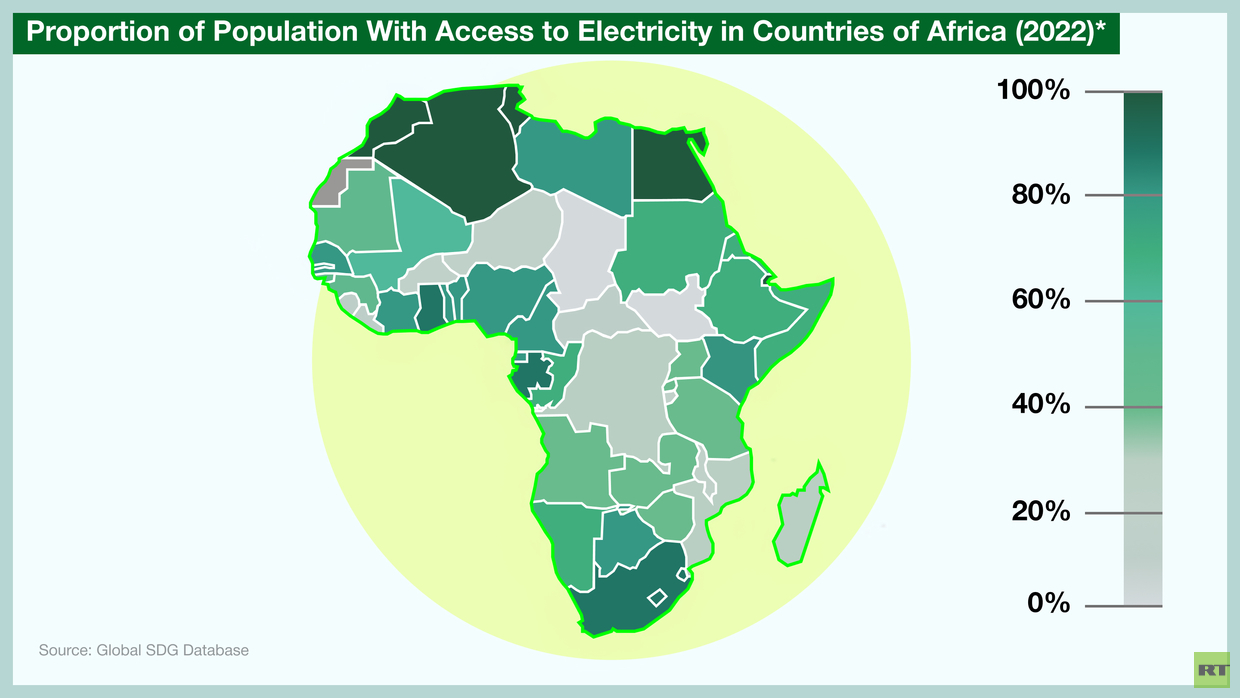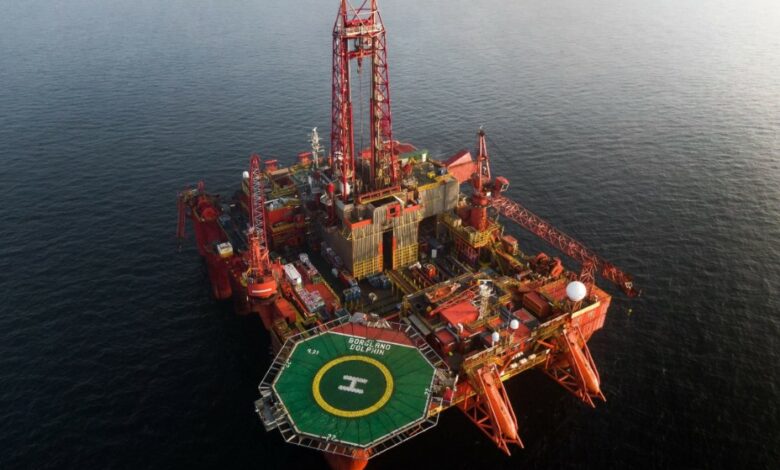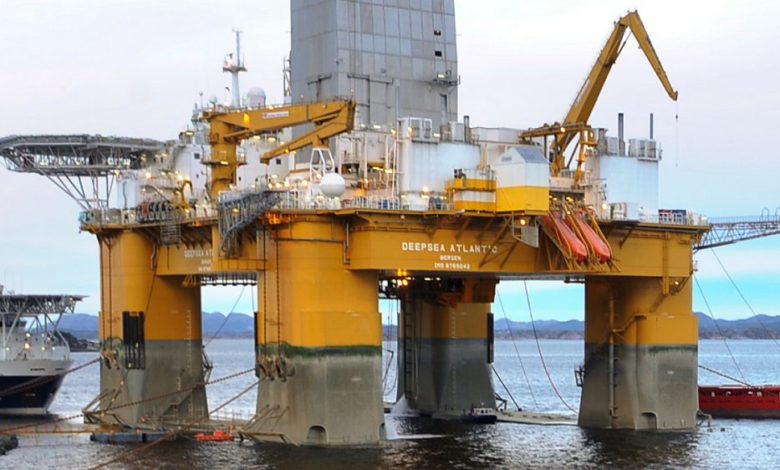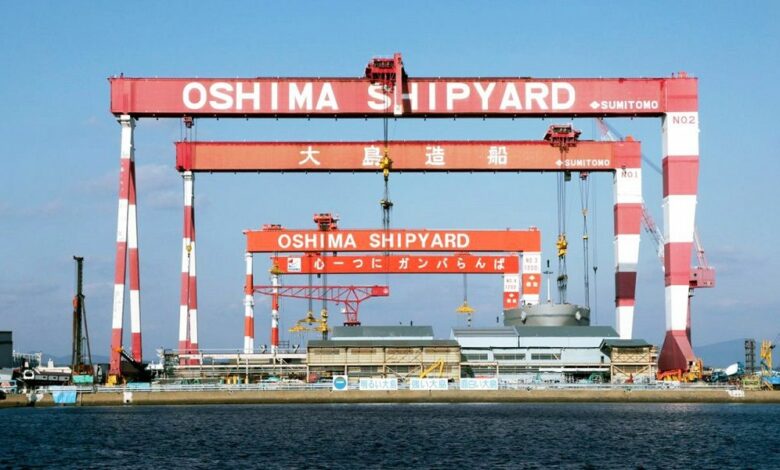Energy News Beat
American service personnel have been told that relying on the Chinese-developed AI model raises security and ethical concerns

The US Navy has barred its sailors from using the artificial intelligence model from the Chinese company DeepSeek, CNBC reported on Tuesday.
In an email sent to service personnel on Friday, the Navy warned that DeepSeek’s R1 model had been forbidden “for any work-related tasks or personal use.”
The Chinese AI should be avoided because of the “potential security and ethical concerns associated with the model’s origin and usage,” the message explained.
The Hangzhou-based start-up DeepSeek released its AI Assistant app earlier this month, and by this week it had become the most downloaded free app on the US Apple App Store, surpassing its American rival, OpenAI’s ChatGPT.
Later in the day, a US Navy spokesperson confirmed the authenticity of the email to CNBC.
White House Press Secretary Karoline Leavitt said on Tuesday that the US National Security Council is “looking into” the implications of Deepseek’s AI.
The rapid rise of the Chinese model has caused turmoil on the US stock market, with major tech companies such as Nvidia suffering substantial losses as investors express concerns over the potential disruption posed by DeepSeek’s cost-effective AI solutions to established industry giants.
OpenAI CEO and co-founder Sam Altman wrote on X on Monday that the Chinese AI was “an impressive model, particularly around what they are able to deliver for the price.” However, Altman vowed that his company would “obviously deliver much better models” and claimed that having a new competitor was “invigorating.”
US President Donald Trump said earlier that the release of DeepSeek’s model was a “wake-up call” for US tech companies to step up and compete.
We give you energy news and help invest in energy projects too, click here to learn more
The post US Navy bans DeepSeek – media appeared first on Energy News Beat.


















